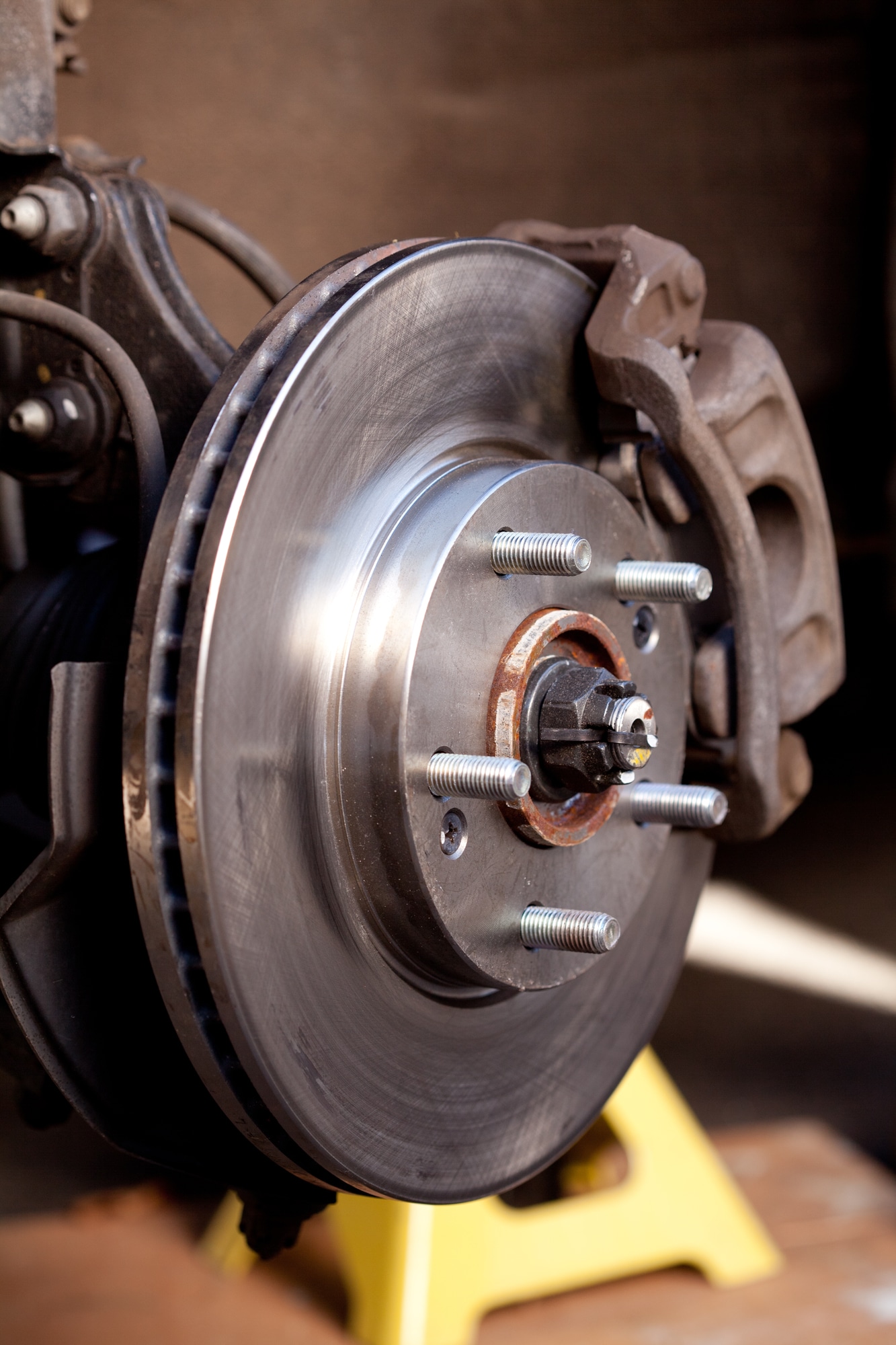Car owners are usually confused about getting their car’s brake work done correctly. The concerns are generally about the charges that are added or included in the estimate.

Everything About Brake Jobs
We have listed a brief description of the brake system parts and the reasons shops often give for the extra charges. Whether or not you should have the associated work done is also outlined, so you can make an informed decision when faced with the question at the shop.
Have a look.
Brake System Primer
When you depress the brake pedal, a small piston pressurizes brake fluid in the brake lines and, in turn, causes the calipers to squeeze the brake pads against the brake rotors. Picture your fingers squeezing a turning pie plate. The wear occurs on the brake pads as the material is worn away gradually with each application of the brakes.
In most cars, the brake pads have small plates that come in contact with the rotors as they get worn down to replacement thickness and cause a squealing noise. That is a signal to the driver that maintenance is required. There is also some wear of the steel of the rotor over time.
Replacing Pads
Unless you do a lot of mountain driving, towing a trailer, or high speeds, the regular quality brake pads (OEM- Original Equipment Manufacturer) will do just fine. Shops may try to sell up to semi-metallic, ceramic, dustless, anti-squeal, or other types.
A rule of thumb is that the harder brake pad will also be harder on your rotors. Nothing-free here. But if your driving requires more braking, then the regular pads may not suffice. It is advisable to go with better quality pads. They will probably not stop you any faster in ordinary driving. Still, they may easily make a difference at higher speeds or heavier loads by having better fade resistance.
Often when shops are called for an estimate, they will give you a quote for only replacing the brake pads. When you get there, some shops will inform you that you must also replace your rotors or have them turned.
Turning is shaving some metal from the rotors to take out any wobble or just to smooth the surfaces. Some shops will even say that they MUST do this or they cannot give you a warranty. This is a ploy to make them more money – look for another shop.
Turning Rotors
Rotors typically only need to be turned for one of two reasons. The first is if you feel a pulsing in the brake pedal when you apply the brakes. You will feel this when lightly applying the brakes. The pulsing may go away on harder applications.
The second reason is to remove deep scoring in the rotor. Rotors are more likely to warp after turning! So unless there is clear proof the rotors needed turning, do not have them turned.
Replacing Rotors
Rotors may need to be replaced if they are worn down below the manufacturer’s minimum thickness. Typically, that should not happen until at least two sets of power stop brakes rotors have been used on them. If the shop insists that they always be replaced, look for another shop.
Some good ideas to avoid getting overcharged
- Get three estimates – ask for a detailed breakdown of charges.
- Ask for the old parts – shops will be more reluctant to replace the right parts and do needless work.
- Go to shops that are ranked highly – CAA, AAA, or certified by the Better Business Bureau are all reasonable indications of a shop’s standing.
- No estimate, no business – Avoid any shop that insists on starting work before the estimate or wants to charge for it.
